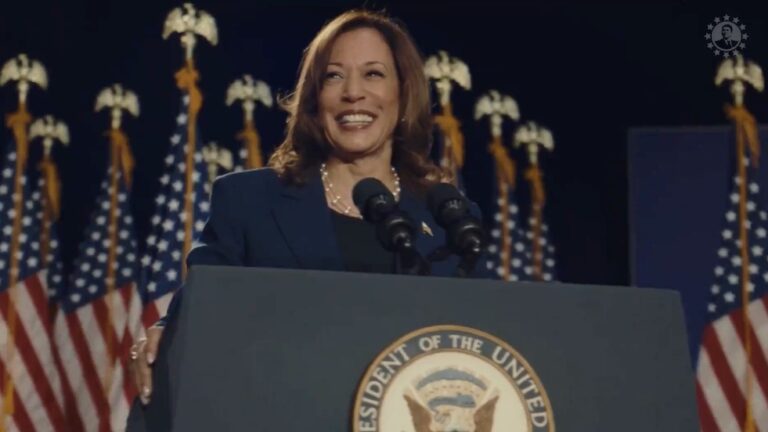
Upholding the First Amendment, a senior US district judge has blocked California’s deepfakes law, AB 2839, which was designed to stop deceptive AI-generated content from impacting election outcomes.
Last month, a parody video creator known as “Mr Reagan” on YouTube and X (formerly Twitter), Christopher Kohls, sued to block the law. He claimed that AB 2839 was unconstitutionally targeting his protected satirical content—including a fake Kamala Harris video that Elon Musk retweeted, agitating California governor Gavin Newsom.
Kohls urged Judge John Mendez to grant a preliminary injunction, arguing that the law was unconstitutionally vague and allowed anyone who watched his parody videos to sue him, claiming they’d been deceived by his content.
In an order Wednesday, Mendez granted the preliminary injunction, agreeing with Kohls that “the statute infringes on his right to free speech and is unconstitutionally vague.” Although the judge acknowledged that the government had a valid interest in protecting election integrity, almost no part of the deepfakes law survives strict constitutional scrutiny, Mendez said, suggesting that the law was not severable and could not be salvaged.
Rather than trying to “enforce silence,” California officials would be better off combating deepfakes with “more speech,” Mendez said. “Especially as to political speech, counter speech is the tried-and-true buffer and elixir, not speech restriction.”
“Victory!” Kohls posted on X. “Lawsuit against Newsom has been won.”
Musk predictably joined in celebrating the win, responding, “Congratulations! Score one for the people’s right to free speech.”
This acknowledgment clearly pleased Kohls, who responded, “Thank you, sir. We should go to war together again sometime.”
A First Amendment scholar and senior fellow with the non-partisan think tank The Future of Free Speech, Jeff Kosseff praised the ruling as setting important precedent regarding AI-generated content online.




















+ There are no comments
Add yours